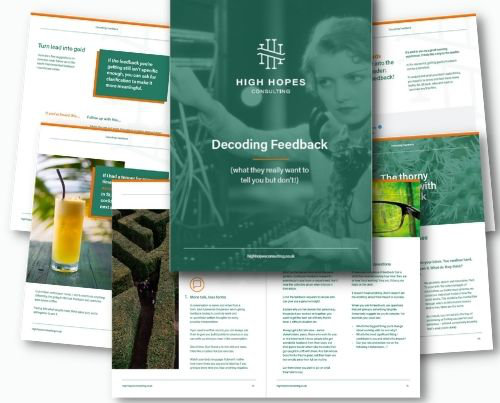What to do if you're a learning grouch like me
What to do if you're a learning grouch like me
Nicola Hopes

It may surprise you to know I can be a bit of a grouchy learner.
Don’t get me wrong, I love mastering new skills – it’s a key driver for me. But the key word in that sentence is mastering. I really don’t like the bit before mastery where it takes a lot of thought and effort, and it doesn’t just flow.
As a trusted adviser of mine will testify – she knows who she is – I’m a bit cranky when it takes a few goes to get it right. Even though I know my standards are impossibly high.
I put it down to a fiercely impatient streak and a high (perhaps too high?) belief in being a fast learner. Therefore, anything that takes time feels like hard yards.
But it won’t surprise you to know it’s a common problem with many clients of mine. And it impacts your ability to learn.
Here’s the conundrum…
The higher achieving you are, the more likely you are to set high standards for yourself. Therefore, the more likely you are to resent being a beginner. And to learn new skills you have start, well, at the beginning.
As a result, I hear sad stories where clients have given up on developing new talents because they couldn’t get past the frustrating stage of not being great at it.
So, how to navigate this apparently fundamental conflict?
Get smart
Here’s a combination of tips that I share with clients (and myself when I need a talking to!) that just might help.
Make it playful
If you tell yourself this skill is fundamental to your success and your whole career is ruined if you can’t master it in 5 minutes, it’s a recipe for tension.
Ease the pressure by telling yourself you’re ‘experimenting with a new technique that could be valuable’.
Try gamification – it’s a thing because it works. Reward yourself for having a go.
Have a sense of humour with it. Making learning fun is a proven technique to increase your engagement and help you take more risks. It also improves recall because you’ve made the process enjoyable and memorable.
Don’t waste your time
Make sure the thing you’re trying to learn is genuinely key to your success.
I have a very successful client who was concerned about his training skills… until we established that he absolutely didn’t need them to do his job brilliantly. He just needed to identify the team members who ace at training and use them.
I’ve seen many a development plan fail for a lack of focus. What will really help you excel in your role, and what can you just leave to others?
If I can make peace with the fact that I’ll never be Lucy Bronze and play right back for England, you can live with not being a master at everything. It doesn’t hold me back today – shorts don’t suit me anyway!
Practice makes perfect
As Chet Holmes, Founder of the Growth Institute said:
"I realised that becoming a master of karate was not about learning 4,000 moves,
but about doing just a handful of moves 4,000 times."
Repetition is the key to mastery. There’s reason we call it test and learn.
Seek out the people who do this thing brilliantly. Use their tips, keep asking for feedback (even if it’s disheartening at the time) and keep testing.
You’ll get better. And better is better, right?
Take it from this grouch, if I can be a more patient learner, you can too.

